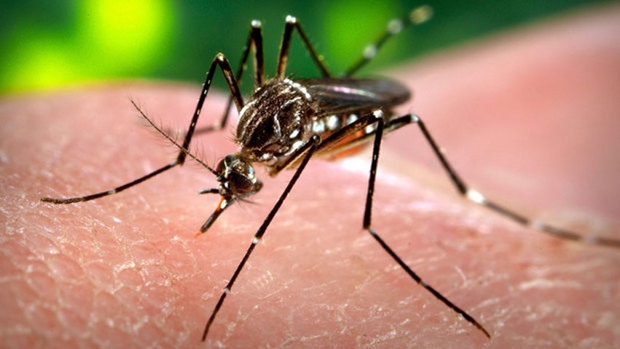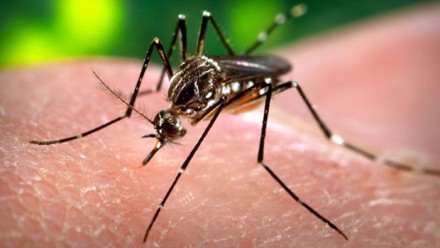Abortion rights, women of color, and LGBTQIA+ people are under attack. Pledge to join us in fighting for gender justice.
States Have a Role in Fighting Zika Too

 For the past seven months, as Congress has been playing politics with funding to prevent and treat Zika, taking summer vacation, and ignoring the pleadings of the Centers for Disease Control and Prevention (CDC) – the Zika virus has been spreading. As of September 14, the CDC has reported 3,176 cases of Zika virus infection within the continental U.S., including nearly 700 cases among pregnant women. Over 17,000 cases have been reported in the U.S. territories. Even more alarming, the risk of transmission through mosquitos in the U.S. is rapidly increasing. As Congress is well aware, the virus can have serious health consequences, particularly for pregnant women. Exposure to the Zika virus during pregnancy can cause microcephaly and other severe brain conditions and has been linked to impaired fetal growth, hearing loss in infants and other pregnancy complications, including miscarriage.
For the past seven months, as Congress has been playing politics with funding to prevent and treat Zika, taking summer vacation, and ignoring the pleadings of the Centers for Disease Control and Prevention (CDC) – the Zika virus has been spreading. As of September 14, the CDC has reported 3,176 cases of Zika virus infection within the continental U.S., including nearly 700 cases among pregnant women. Over 17,000 cases have been reported in the U.S. territories. Even more alarming, the risk of transmission through mosquitos in the U.S. is rapidly increasing. As Congress is well aware, the virus can have serious health consequences, particularly for pregnant women. Exposure to the Zika virus during pregnancy can cause microcephaly and other severe brain conditions and has been linked to impaired fetal growth, hearing loss in infants and other pregnancy complications, including miscarriage.
While Congress fails to take action, some states are stepping up. Bills like the one introduced in New Jersey, take advantage of the Center for Medicaid and CHIP Services’ authorization [PDF] allowing states to cover a wider spectrum of preventative and treatment services, and help ensure low-income women have affordable access to many of the services necessary to combat Zika risk. New Jersey’s bill would require reasonable reimbursement rates for services such as insect repellant, family planning services and a full-range of birth control methods, diagnostic services, and case management and rehabilitation services for babies affected by the virus.
State policies such as this, that support women’s reproductive health care decisions, are critical to managing Zika risk. Women exposed to Zika virus, or women living or working in states at risk for transmission of Zika virus, may want to delay having children, making access to family planning services and abortion care especially important. Women who are pregnant or planning to become pregnant need health insurance coverage for preconception, prenatal and pregnancy care and counseling. Pregnant women at risk for occupational exposure to Zika virus may need temporary workplace accommodations to help reduce that risk. We have identified five key policies that states should implement to support women and families making decisions about pregnancy and Zika risks:
- Expand the state Medicaid program to cover those with incomes up to 138% of the federal poverty level;
- Offer supplemental expanded Medicaid coverage of family planning services to increase access to birth control and related services;
- Cover abortion in the state Medicaid program beyond what can be paid for with federal funding (cases of life endangerment, rape, or incest);
- Eliminate any restrictions on private insurance coverage of abortion; and,
- Enact laws explicitly requiring workplace accommodations for medical needs related to pregnancy.
Some higher-risk states have already taken many of these measures, and as this new New Jersey bill suggests, are implementing other policies above and beyond these to help combat Zika. But some higher-risk states, such as Kansas, Tennessee, and Kentucky have yet to implement even one of these policies – see how your state stacks up here.
States have a vital role in helping to prepare for the risk of Zika. And state governments do not have to wait for Congress to act in order to implement these and other policies to respond to the Zika virus. In fact, they can’t wait. Even as Congress nears a resolution, a concerted and continuing response by the states is necessary to respond to the Zika virus and the serious health risks it poses to women and their families.




